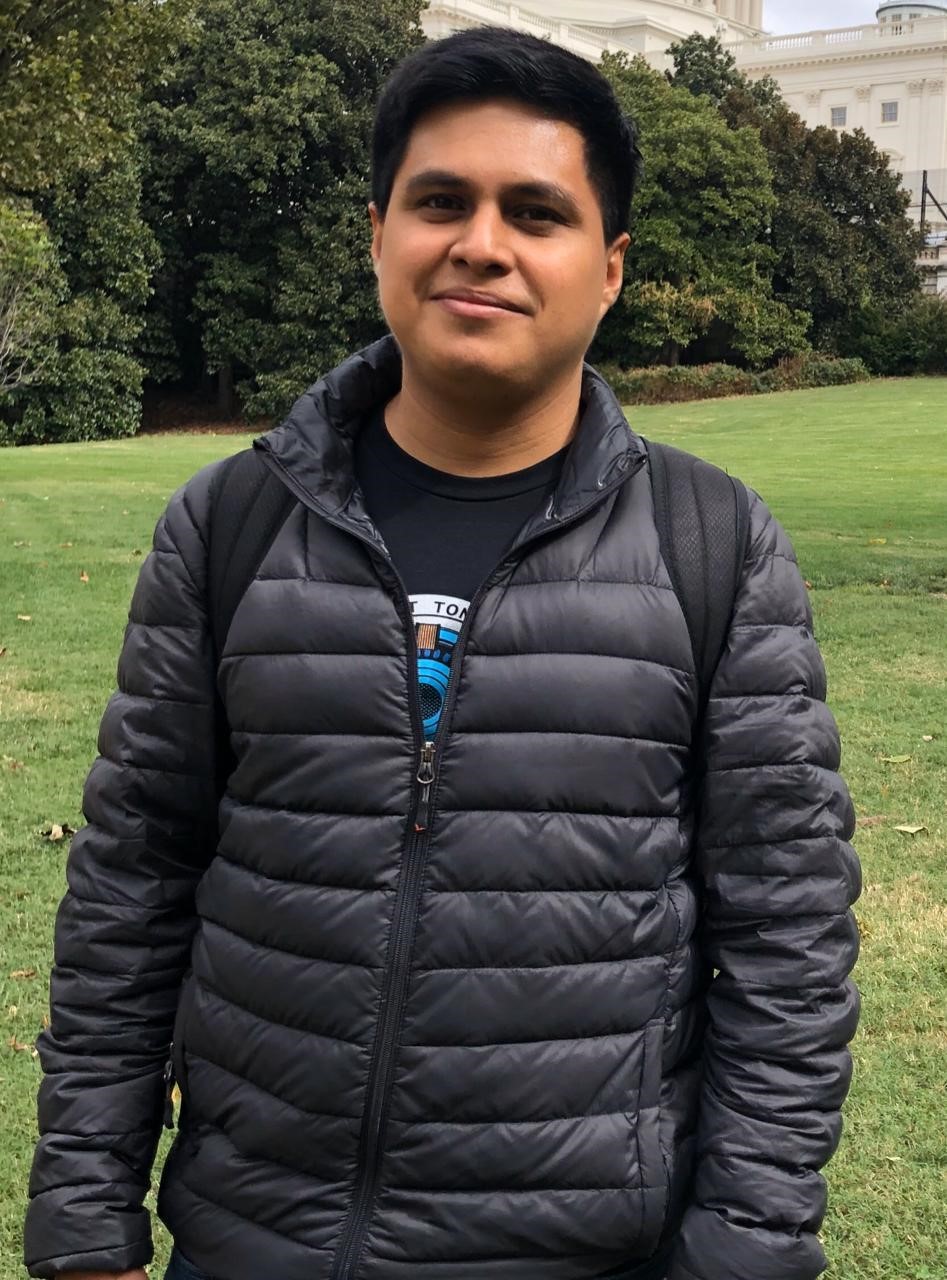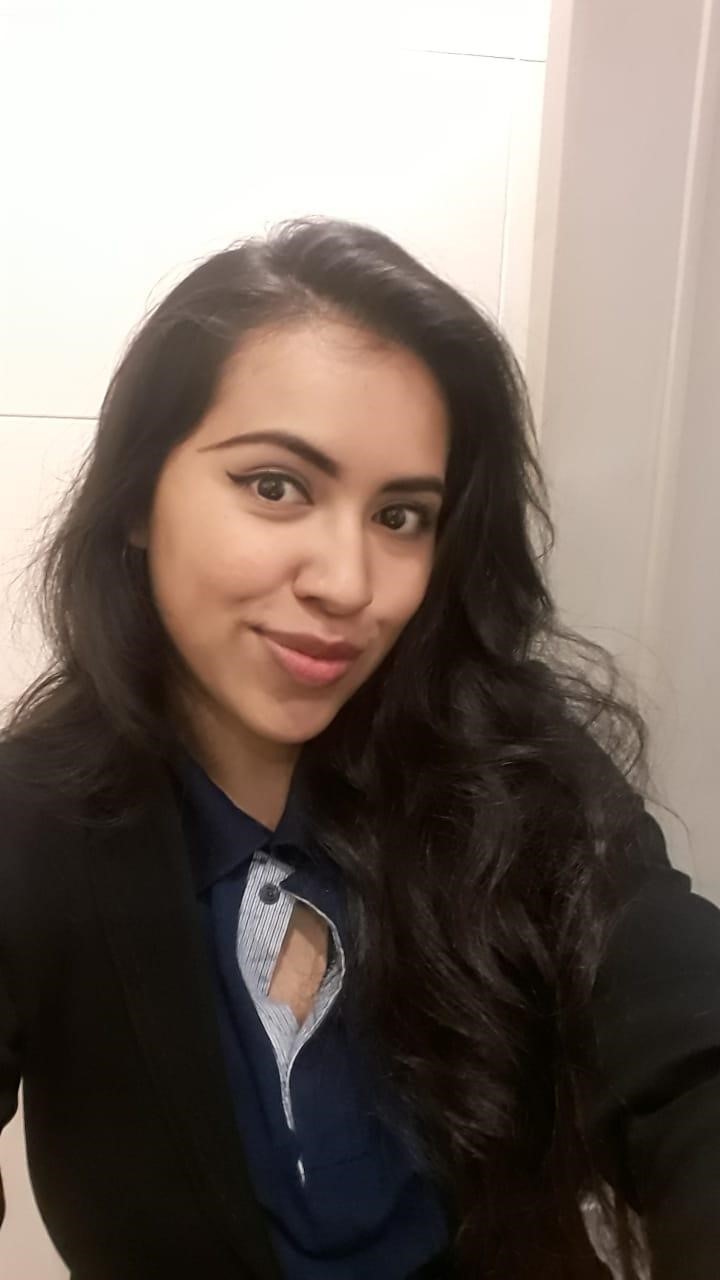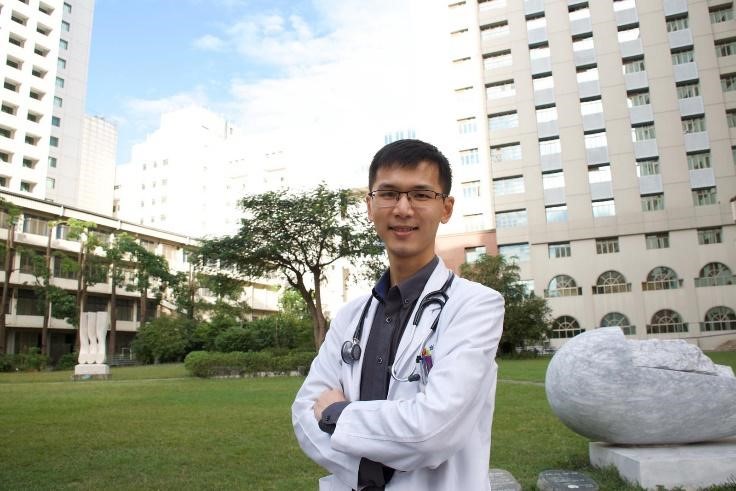Joyce Mendes, Social Entrepreneur and Activist, Brazil
How has COVID-19 changed your outlook in water?
My view on water has not actually changed, it will continue to be a priority in the sustainable development agenda. Now more than ever before, we realize we can’t fight a pandemic without safe water access. I also see the deep and intertwined relationship of the water-energy-food nexus, and its fragility amidst a lack of coordinated international governance.
How have you adapted to the changing situation?
Migration became a reality for me after having to leave home for my own safety. I also faced the challenge of moving most of my organisation’s activities online, looking for new tools and techniques for mindfulness, and recovering ancestral knowledge in order to deal with this situation and keep my youth collectives motivated.
How do you think this would impact your work in the future?
My actions can’t be performed 100% online as I work directly with communities. The reality is that right now we are trying to deal with unemployment, psychological stress, and compounded socio-economic inequality. Still, I am looking for ways to ensure personal and community development, but my future is more uncertain.
Jeffery Liao, WYPW Vice Focal Point of Asia, and Resident Doctor at Taichung Veteran's General Hospital, Taiwan
How has COVID-19 changed your outlook in water?
Hand washing is an essential habit during a pandemic, and due to the vast broadcasting of hand hygiene, domestic water consumption has increased about 10% as a result, leading to water shortage issues. I feel that water has become a precious resource more than ever before due to the outbreak.
How have you adapted to the changing situation?
Every time during hand washing, I remember to turn off the tap when not using it (even while applying soap), or I apply hand sanitizer as an alternative for maintaining hand hygiene and minimizing water usage.
How do you think this would impact your work in the future?
Working as medical personnel, I will still need to cleanse my hands quite often. During this pandemic, I have increased hand disinfection frequency, mainly by using hand sanitizer or alcohol spray more often apart from water and soap.
 Hernan Tello, Peruvian Youth Against Climate Change (JPCC), Peru
Hernan Tello, Peruvian Youth Against Climate Change (JPCC), Peru
How has COVID-19 changed your outlook in water?
Lima, Perú is the second largest city in the world inside a desert, and water is a scarce and expensive resource. Around one million people don’t have access to clean water, causing high rates of anemia, cholera and the spread of viral diseases. In recent years, we’ve also experienced situations of drinking water rationing due to water stress, affecting everyone regardless of social or economic status. In the COVID-19 context, we understood that the government must invest in reducing the access gap to water and we all should support integrated water resource management.
How have you adapted to the changing situation?
We’ve started to decrease water consumption by adopting good practices: using the washing machine fewer times, being more efficient when washing dishes and recycling water. In addition, we have containers to store water and share it with the neighbourhood if needed.
How do you think this would impact your work in the future?
We are prioritizing projects related to water issues from now on, not only for Lima but all-around Peru. JPCC will establish an alliance with the WYPW to work together permanently to educate people on good practices in water consumption and generate projects that favour access to water for vulnerable populations.
More youth voices about the COVID-19 situation will be published soon – if you want to share your story with us, please write us on gwp@gwp.org.


